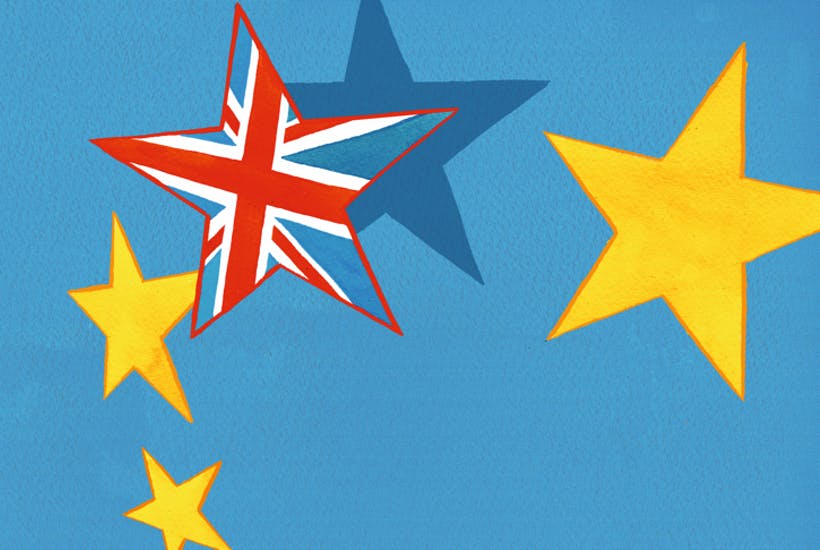None of us can predict the potential fallout from Brexit, good and bad. What began as a vote of confidence in our institutions has shown them to be dangerously fallible. A country where people usually rub along together is now marked by a cultural and emotional rift.
If Brexit does continue to dominate our politics for years, will it mean a reform of our institutions, or a battening down of the hatches by a beleaguered elite? Will the House of Lords, having alienated its natural defenders, at last be seriously reformed? Shall we try to restrain the dangerously capricious powers of prime ministers? Shall we empower local government? Both Brexiteers and Remainers will be in a rather militant mood.
Outside constitutional matters, I can see two areas in which Brexit should be in the best sense challenging. The first is our policy towards the outside world. The second is education, in all its forms and at all ages.
Brexit was meant to usher in a new age of ‘global Britain’ — an idea one would think hard to criticise, though significantly it is much mocked by Remainers. As we have been diverging economically from the EU for two decades, a broader and looser set of relationships is surely logical. Why then the mockery? Because a persistent theme of our 20th-century culture has been ‘national decline’: military, economic, political, cultural. Readers will, I hope, forgive me for mentioning this again, as it lies behind much of our present turmoil. For ‘declinists’, Britain cannot exist outside a larger entity, however unsuccessful or unrewarding. Theresa May’s withdrawal agreement was an extreme expression of this view.
We might take a lesson from across the Channel. General de Gaulle decided that France must assert itself as an independent actor, even if that meant annoying his allies.









Comments
Join the debate for just £1 a month
Be part of the conversation with other Spectator readers by getting your first three months for £3.
UNLOCK ACCESS Just £1 a monthAlready a subscriber? Log in